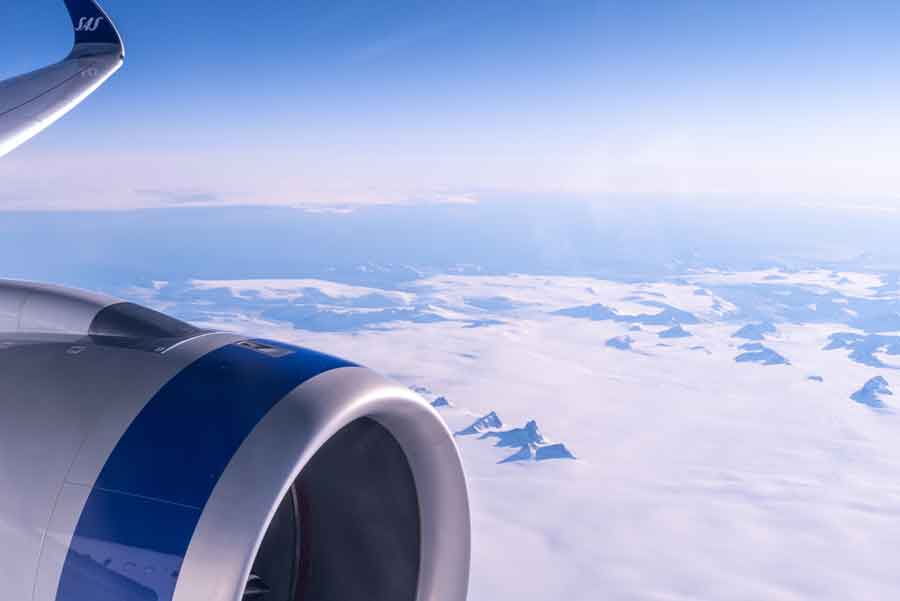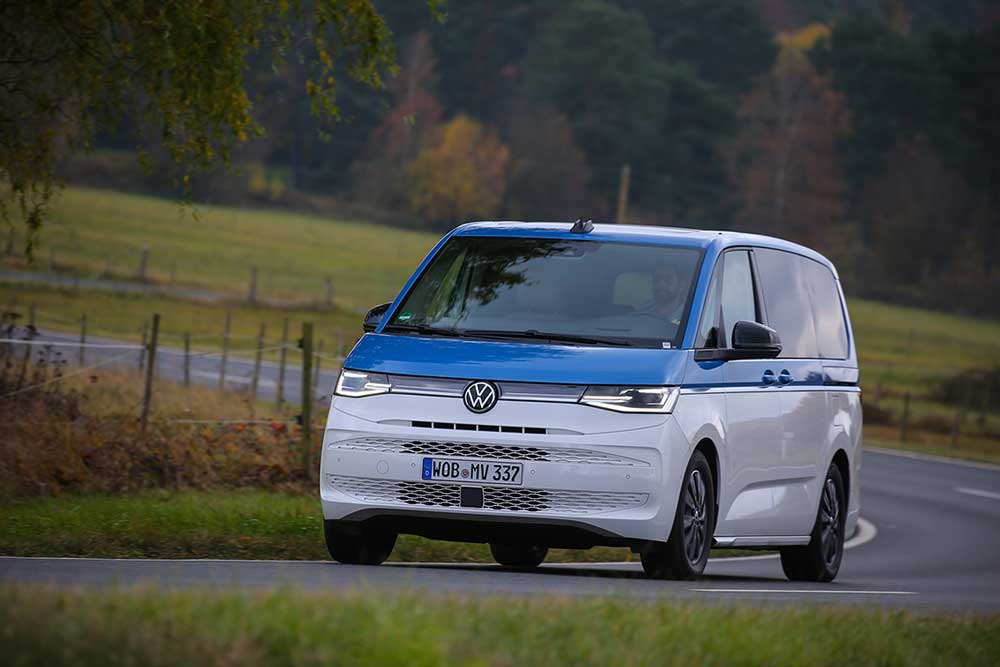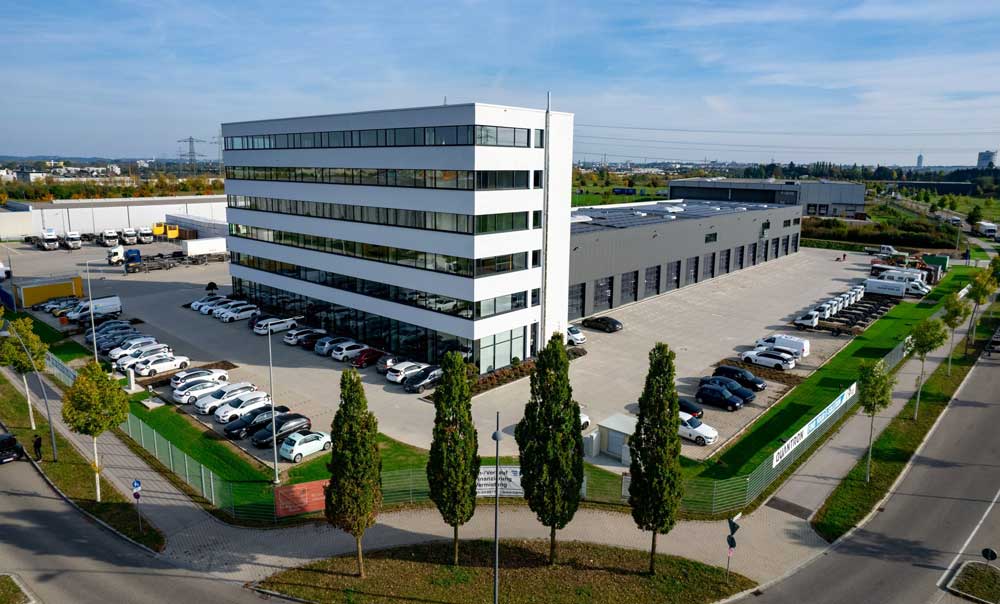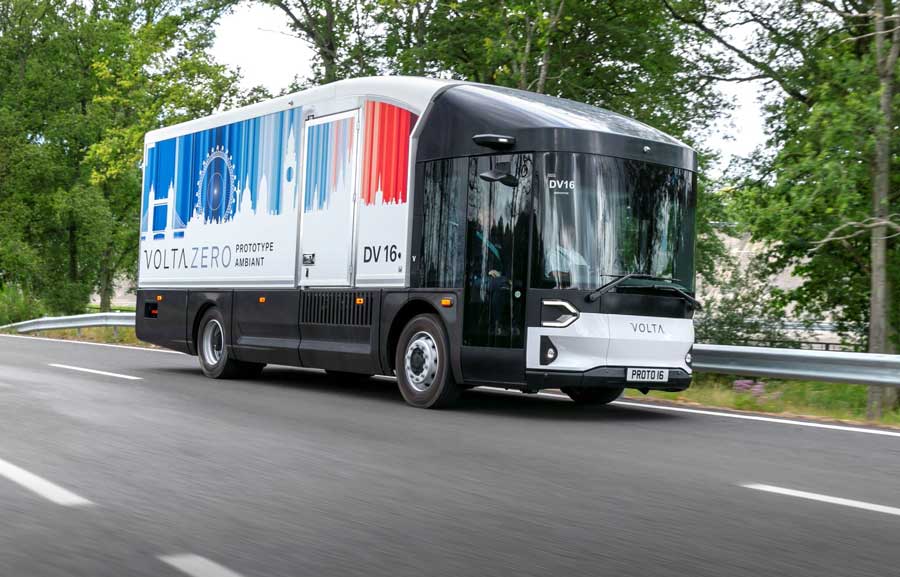Bio-based aviation fuel reduces the number of ultrafine particles that are emitted from the aircraft engines, thereby improving air quality. This is one of the conclusions drawn from a large-scale international study using a SAS aircraft at Copenhagen Airport.
Researchers measured an aircraft with 34 percent bio-based fuel (known as Sustainable Aviation Fuel, SAF), in the tank while it was taxiing between the runway and the gate at the airport. Ground measurements show a reduction in the emission of ultrafine particles by about 30 percent.
The measurements were conducted by researchers from DLR, The German Aerospace Center. During the experiment, they set up a mobile laboratory with advanced measuring equipment at a gate in Copenhagen Airport. From there, they measured air quality when a SAS aircraft with 34 percent SAF blended in its fuel tank arrived in Copenhagen from Stockholm. Measurements were done three to four times daily and conducted while the aircraft was on ground and taxiing between runway and gate.
Results from the measurements provide the most detailed picture to date of the effect of using SAF on local air quality at the airport.
“SAS is very proud to participate in this project as it is a great example of how our collective efforts can enable further discoveries of sustainable solutions for the aviation industry. The findings of this unique experiment at Copenhagen Airport showcase that using SAF not only reduces CO2 emissions but also reduces the impact of contrails, and enhances local air quality,”says Ann-Sofie Hörlin, Head of Sustainability at SAS.
“This is really good news. It’s an important discovery that sustainable aviation fuel has an impact on air quality. We already know that it helps reduce CO2 emissions, so this is another significant benefit of shifting aviation to sustainable fuels,” said Christian Poulsen, ChiefOperating Officer at Copenhagen Airport.
It is a unique experiment, taking place over a period of four weeks during winter. It’s the first time that such extensive measurements have been conducted in an authentic airport environment, making it a highly complex experiment.










